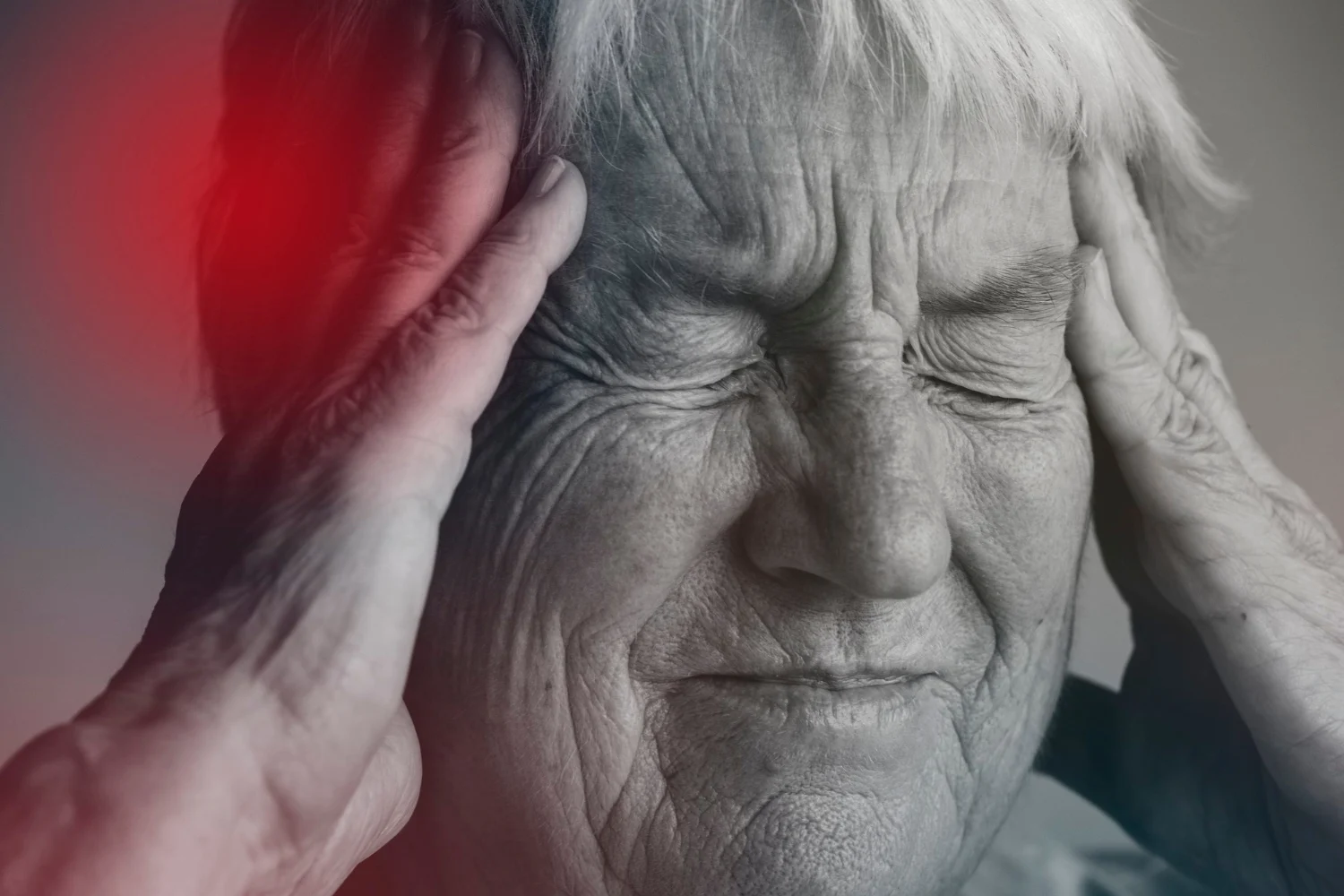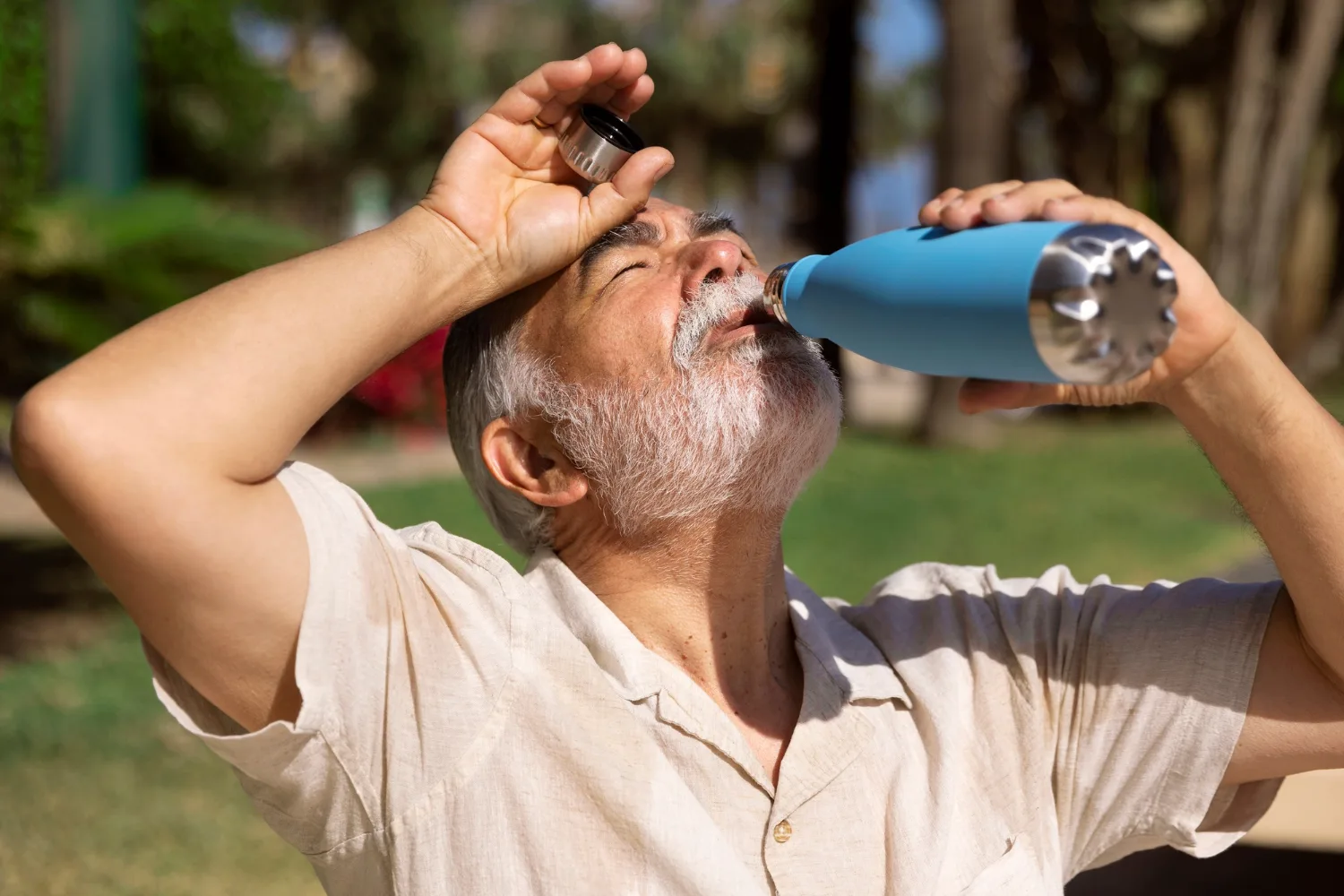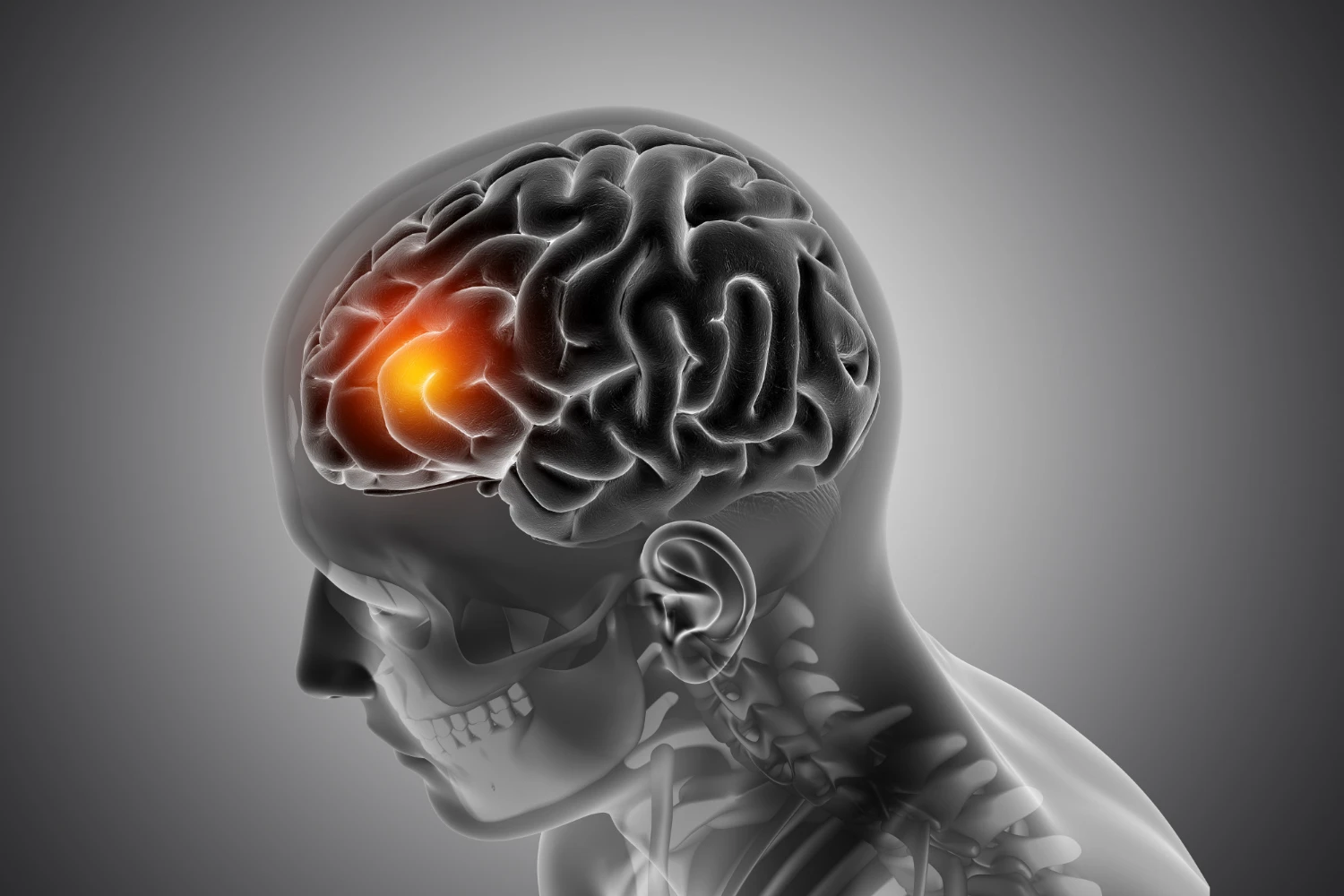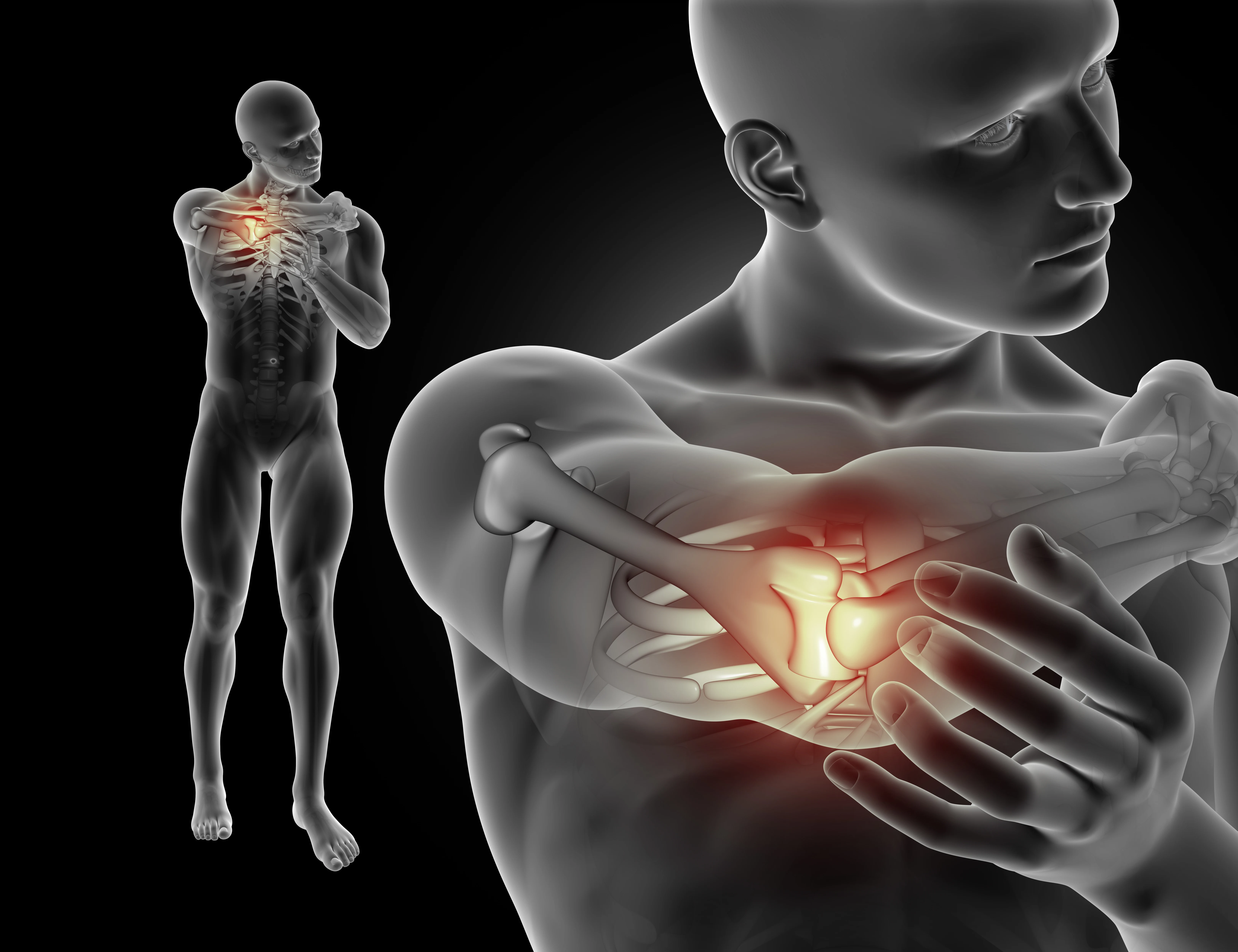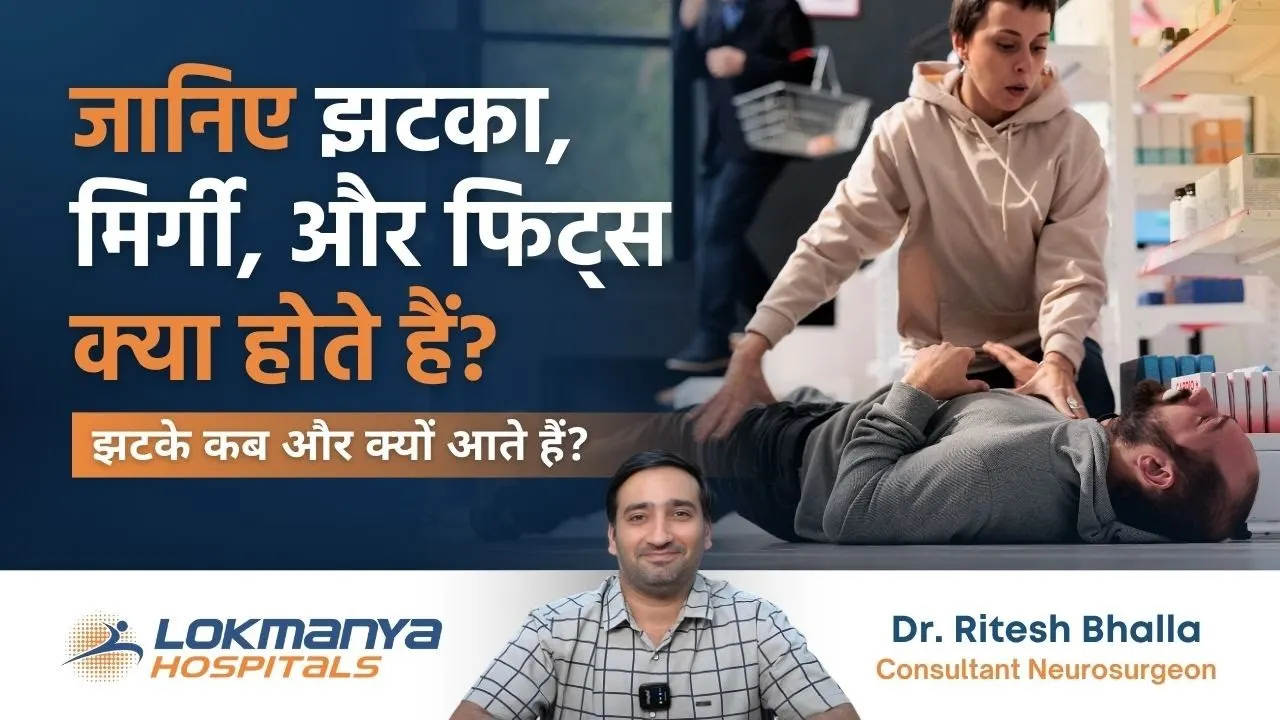How To Prevent Heat Stroke
Category: Neurology
With temperatures soaring during the Indian summer, heat stroke is becoming a serious medical emergency. It occurs when the body overheats beyond 104°F (40°C), leading to complications like brain damage, organ failure, and even death if not treated immediately. This blog will cover what causes heat stroke, early warning signs, how to respond during an episode, and the most effective prevention tips, especially crucial during peak summer months.
Lokmanya Hospitals, one of the best hospitals in Pune, offers specialized emergency care for heat stroke and other critical conditions. Backed by experienced doctors and cutting-edge ICU facilities, Lokmanya ensures fast, expert treatment that can save lives.
Understanding Heat Stroke: What Exactly Is It?
Heat stroke is a severe heat-related illness that results from prolonged exposure to high temperatures—usually in combination with dehydration—which leads to failure of the body’s temperature control system.
There are two main types:
- Exertional Heat Stroke: Caused by intense physical activity in hot environments, commonly affecting athletes or laborers.
- Non-Exertional (Classic) Heat Stroke: Common among the elderly, infants, or those with chronic illnesses, usually triggered by prolonged exposure to heat without adequate cooling or hydration.
Causes of Heat Stroke: Why Does It Happen?
Several factors can contribute to heat stroke:
- High ambient temperatures and humidity
- Prolonged sun exposure
- Dehydration
- Wearing heavy or non-breathable clothing
- Excessive physical exertion in hot environments
- Underlying medical conditions or medications that impair heat regulation
Symptoms of Heat Stroke: When to Seek Help?
Recognizing the signs of heat stroke early can save lives. Symptoms may include:
- High body temperature (above 104°F or 40°C)
- Rapid heartbeat and breathing
- Headache and dizziness
- Hot, dry, or flushed skin
- Confusion or disorientation
- Nausea or vomiting
- Loss of consciousness
If someone exhibits these signs, it is critical to seek emergency and critical care services immediately from one of the best hospitals for emergency and critical care services like Lokmanya Hospitals.
How to Prevent Heat Stroke
Here’s how to stay safe and reduce your risk of heat stroke:
1. Stay Hydrated
Drink plenty of water throughout the day, even if you’re not feeling thirsty. Avoid caffeine and alcohol, which contribute to dehydration.
2. Wear Weather-Appropriate Clothing
Opt for lightweight, light-colored, and breathable fabrics like cotton or linen. Avoid tight and dark-colored clothing as they retain heat.
3. Avoid Peak Sun Hours
Limit outdoor activities between 11 AM and 4 PM when the sun is at its peak. Plan exercise and chores during cooler parts of the day—preferably early morning or late evening.
4. Use Cooling Accessories
Wear a hat, sunglasses, and use an umbrella or cooling towel. Fans and air-conditioning can also help lower body temperature indoors.
5. Take Frequent Breaks
If you work outdoors or are involved in physical labor, take frequent breaks in shaded or air-conditioned areas.
6. Use Sunscreen
While sunscreen won’t prevent heat stroke directly, it protects your skin from harmful UV radiation, reducing skin damage and overheating.
7. Know Your Medications
Certain medications, such as diuretics, beta-blockers, or antidepressants, can impair the body’s ability to regulate heat. Consult your doctor if you're at risk.
8. Monitor High-Risk Groups
Infants, elderly individuals, and those with chronic conditions are at higher risk. Ensure they stay hydrated, avoid heat exposure, and remain in cool environments.
Why Choose Lokmanya Hospitals for Heat Stroke and Emergency Care?
At Lokmanya Hospitals, we believe that emergencies require not just treatment but rapid, expert intervention. Our emergency departments are equipped with 24/7 services, cutting-edge technology, and a multidisciplinary team of specialists trained to handle heat stroke and other life-threatening conditions swiftly and efficiently.
As one of the best hospitals for emergency and critical care services in India, we prioritize timely diagnosis, patient education, and follow-up care to prevent recurrence of heat-related illnesses. Our services are designed to provide holistic care—whether it’s acute treatment or long-term recovery.
Conclusion
Heat stroke is preventable—but it requires awareness, timely action, and access to quality healthcare. Whether you live in a tropical climate or are exposed to high temperatures at work, understanding what causes heat stroke, recognizing symptoms, and taking preventive steps can protect you and your loved ones.
If you or someone you know experiences symptoms of heat stroke, don’t delay—seek immediate help from trusted healthcare professionals. Lokmanya Hospitals stands ready with expert care and world-class facilities to ensure your safety during emergencies.
Frequently Asked Questions (FAQs)
1. What’s the difference between heat exhaustion and heat stroke?
Heat exhaustion is a milder form of heat-related illness that may include fatigue, sweating, and dizziness. If untreated, it can escalate to heat stroke, which is a medical emergency.
2. How quickly can heat stroke occur?
Heat stroke can develop within minutes during extreme temperatures, especially if you're dehydrated or physically exerting yourself.
3. Can children get heat stroke?
Yes, children are highly vulnerable as their bodies are less effective at regulating temperature. Ensure they stay hydrated and avoid excessive sun exposure.
4. Is heat stroke treatable at home?
Mild heat exhaustion may be managed with rest and hydration, but heat stroke requires immediate medical attention. Do not delay—seek emergency care.
5. How can Lokmanya Hospitals help during heat stroke emergencies?
Lokmanya Hospitals offers 24x7 emergency services, ICU care, and experienced medical teams trained in heat stroke management and recovery.
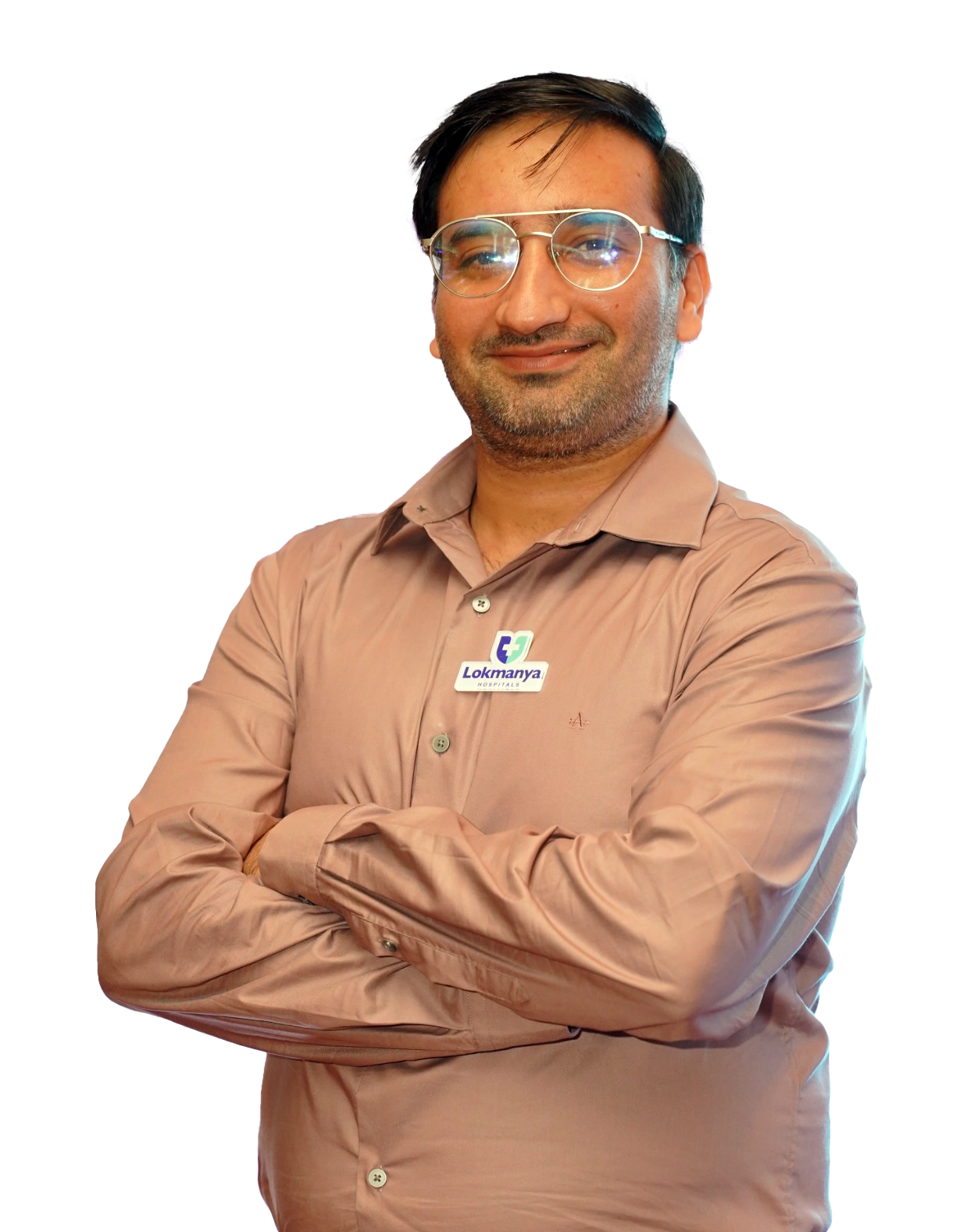
Previous blog
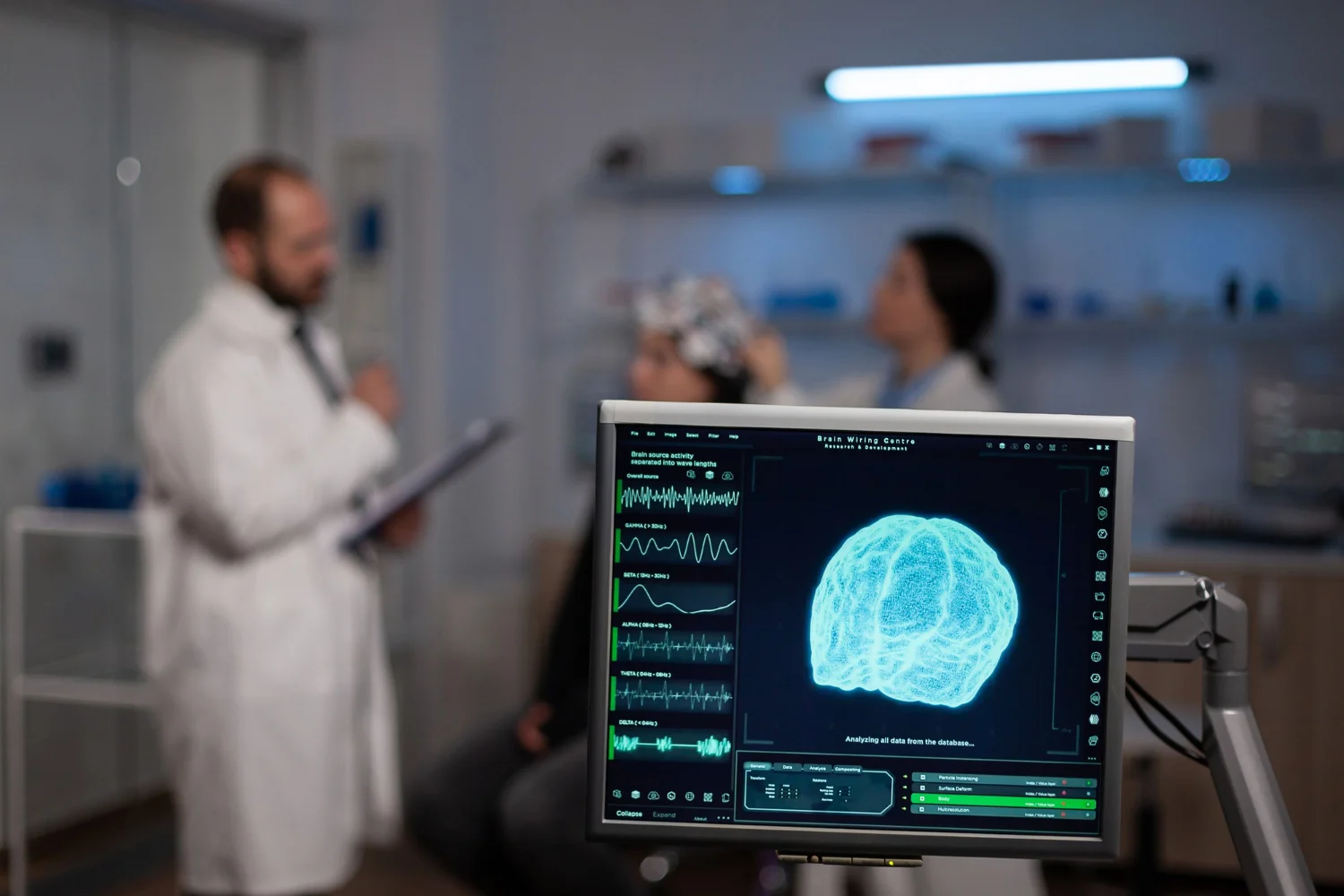
What Is Brain Tumor?
Next blog
